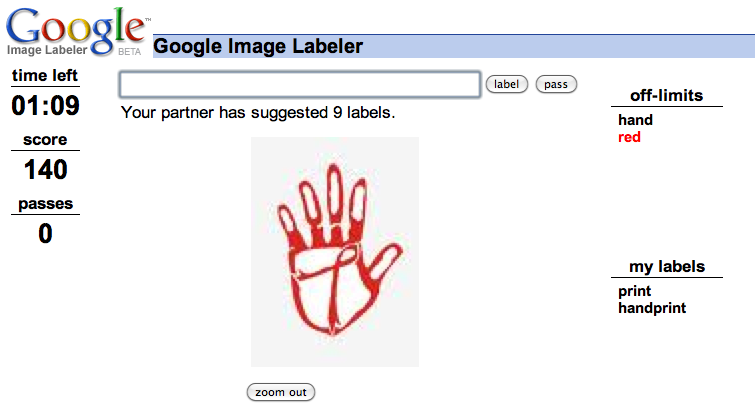Google owes much of its success to its phenomenal search algorithm, invented by Larry Page and Sergey Brin while they were attending Stanford University as Ph.D. candidates.
Broadly, Google search works in three distinct parts:
- Googlebot, a web crawler finds and fetches web pages.
- An indexer sorts every word on every page and stores the resulting index of words in a huge database.
- The query processor compares your search query to the index and uses the algorithm to recommend documents that it considers most relevant.
Google harnesses a distributed network of thousands of computers to parallel process this information. This approach has proven incredibly effective, with perhaps one major exception: image search. Image search is less reliable because the indexer mines pages for words and therefore only labels images based on their context (and most images on the web are untagged). Many companies have tried to build software to interpret images but it’s tough to do – that’s why identifying unclear letters remains one of the last ways of evidencing that we are in fact human, not machine.
Proof you’re [sort of] smarter than machine:
Although there is clear value in being able to search for images accurately, even Google couldn’t afford to have people complete the labour-intensive task of tagging images one by one.
机 jī opportunity
Google asked a different question – how can we have consumers do this for free? Answer: make it a game. Google licensed ESP gaming technology, originally conceived by Luis von Ahn of Carnegie Mellon University and launched Google Image Labeler in 2006 as a beta.
In the game users are paired with another and they compete in tagging images. The game is great fun: some users reportedly play over 40 hours a week. The game has enabled the company to ensure that its keywords are matched to correct images, building an accurate database for Google Image Search.
Gaming has great potential for good, other recent examples include Matchin (helping build a database of the web’s most attractive pictures) and Solarstormwatch (helping astronomers spot explosions on the Sun to give astronauts an early warning if dangerous solar radiation is headed their way)
How About…
- Developing a game to harness consumer power economically?
- Applying gaming ideas & principles to your existing offer?
—
Here’s a screenshot from the game:


